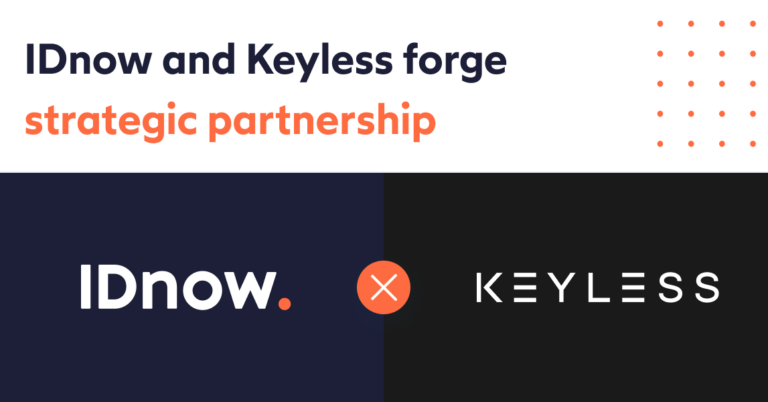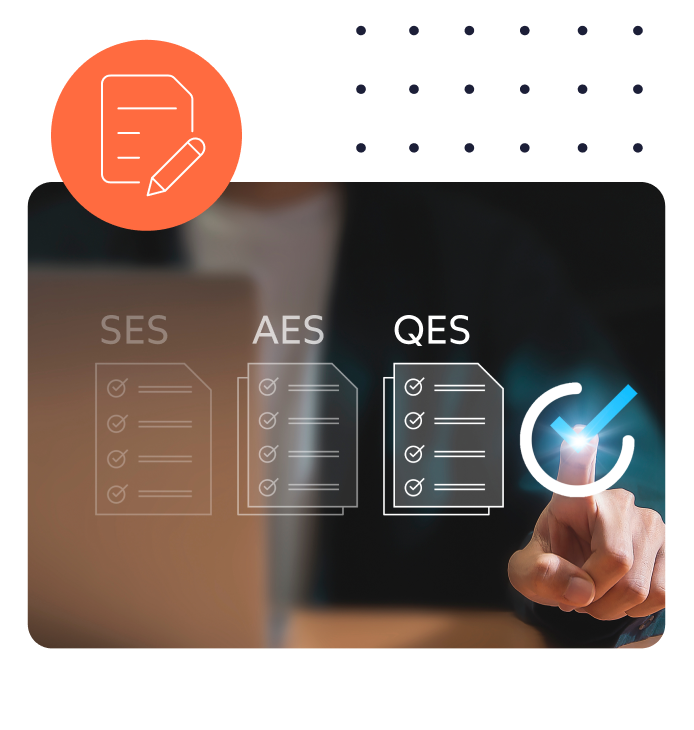What is a Money Mule?
A "Money Mule" is a person who voluntarily provides his or her data because he or she wants to make easy money because criminals often offer "fast money" for participating in a fraud scheme with corresponding offers. They are often aware that they are breaking the law. However, there is no proof that they are aware of all the consequences.
The overall process of the "money mules" is that they either open a bank account themselves and then give access and full control to the criminals. Or the fraudsters open the accounts with their data. Both ways enable them later to carry out various financial misappropriations, such as money laundering, modern slavery or terrorist financing.
What is Money Muling?
Money muling, also known as squaring, is considered as a type of money laundering. Conducted by money mules, money muling is the action of receiving money from a third party on a bank account or any other payment services, whether it is personal or created purposedly, and wire it to another third party. Money mules can also withdraw funds in cash to send it to someone else, or convert it into cryptocurrencies to transfer it onto a different crypto wallet.
By doing so, money mules receive a small portion of the money transferred as a compensation for their service. Money comes most often from criminal activities like fraud (romance, CEO, phishing, e-commerce, and so on…) but also drug or human trafficking activities. (Read our interview with Jinisha Bhatt, financial crime investigator to discover the hidden cost of financial crime). Money mules help wittingly or unwittingly organized crime members to hide their identity from authorities, therefore potentially becoming accomplices of crimes committed to obtain the money transferred.
How are Money Mules recruited?
Recruitment for money mules usually happens on social networks such as Snapchat, Facebook, Instagram, or even dating websites, but also through fake recruitment websites and word of mouth. Labeled under an opaque job title, these offers market a high financial reward from home, for a minor work involvement and limited effort, no need for relevant experiences or specific education in finance. Money mules’ tasks usually received by email from their “employer” are pretty simple:
- Open one or several bank accounts, under their own name or the name of a company they will have created;
- Receive the money on the bank account and transfer it to financial services, while keeping a portion of it as a commission.
According to Europol, the most targeted individuals are newcomers to the country, unemployed people, and students suffering from financial distress. Commonly aged below 35 years old, Europol identified that organized criminal groups started to target younger generations (from 12 to 21 years old). Even if these posts are discovered and deleted by regulators, it is easy for criminals to re-post fraudulent ads.
How to identify Money Muling job offers?
Although these job offers sound too good to be true to most, some people might fall into the trap and apply to these positions, not fully understanding the ins and outs.
The CIFAS, UK’s fraud prevention community, and the banking collective UK Finance jointly developed a website dedicated to preventing Money Muling activities. The latter provides several tips on how to identify Money Muling related job offers such as:
- Money Muling job offers are often poorly written and filled with spelling mistakes, grammatical and syntax errors;
- The payout is disproportionate compared to the job description, experience needed and tasks that have to be accomplished;
- The job is conducted remotely, from the comfort of your home;
- The “employee” must be able to provide bank details for “payment purposes”.
Read our latest blog to discover money laundering red flag indicators.
What is the risk for Money Mules?
Relevant authorities may see Money Muling for third parties, usually belonging to organized crime organizations, as aiding and abetting of serious crimes. Therefore, money mules can put themselves at risk, even though not knowingly being aware of the scheme as a whole. Thus, they may still be prosecuted as accomplices for laundering the benefit of a crime, face fines and/or prison sentences.
FBI indicates that any money mule may be prosecuted and incarcerated, under different charges like wire fraud, bank fraud, money laundering, and aggravated identity theft. From a U.S. perspective, the federal agency adds that serving as a Money Mules can damage a personal credit score, as well as financial standing. In the U.K., police indicates that Money Muling may have the following repercussions:
- The closure of the bank account used for the money laundering activities;
- Difficulties to apply for credit, or student loans;
- Difficulties to obtain a phone contract;
- A maximum prison sentence for up to fourteen years.
What are the possible consequences for identified Money Mules?
First, all bank accounts (both fraudulent and non-fraudulent accounts) are often closed or the money is frozen. After Money Mules are caught in these criminal activities, it is also difficult for them to get credit, e.g. for phone contracts, student loans and future loan applications. Furthermore, it is not uncommon to be convicted - individuals can be sent to prison for up to 14 years.
Such actions leave a mark on criminal records, with further consequences - they can also make it more difficult to find a job, especially if it is in the field of data protection. It is important to highlight this, especially as nowadays almost every job has something to do with data protection, for example, payments.
In case of suspected money laundering, what should I do?
Money laundering can affect business activities and put its reputation at risk. Therefore, if you are a business and identify money laundering through money mules, the next best step is to contact your national Financial Intelligence Unit (FIU), in charge of receiving Suspicious Activities Report (SAR).
As an example, U.K. businesses registered for money laundering supervision under the National Crime Agency (NCA), must submit a SAR online through its nominated officer. Otherwise, businesses may submit a report to the fraud hotline service from the Revenue and Customs Department of the Ministry of Finance. In France, a dedicated service called Ermes, allow habilitated entities to report suspicious activities to Tracfin.
The implementation of preventive measures may also help to limit illicit activities on a financial service:
- Setting automatic assessment and detection mechanisms using data analytics against suspicious trading behaviors;
- Reviewing anti-money laundering mechanisms and policies, in order to upgrade them to the highest standards (5th Anti-Money Laundering directive (5AMLD), Proceeds of Crime Act 2002 (POCA), Financial Action Task Force recommendations, etc.);
- Implementing KYC checks prior to user registration so users are screened against sanctions and watch lists, and their identity is controlled thoroughly through adequate procedures;
- Train relevant population within the company to identify Money Muling patterns.
From an individual standpoint, your best action is to stop communication with suspected criminals, as well as any financial activities ongoing, archive relevant information and contact law enforcement immediately.
What is the difference between money mules and social engineering?
It is also very important to distinguish between "money mule" and "social engineering" scenarios. Money Mules" are involved in the fraud scenarios (i.e. bank drops) and cooperate as part of the criminal scheme.
In a social engineering scenario, a person is seen as a victim of fraud. Their cooperation with the fraudsters is not so obvious, as they are involved through psychological manipulation. These victims are usually unaware that they are breaking the law with their behaviour. They are tricked into opening accounts, e.g. through job advertisements.
How does IDnow deal with money mules?
As a provider of a KYC platform and solutions of, among others, Anti-Money Laundering Screening & Monitoring, IDnow takes criminal activities/fraud such as "Money Mules" very seriously. In combination with our platform, IDnow employs a dedicated team that is constantly working to prevent these types of fraud. As a trusted partner with very high-security standards, IDnow is constantly working to prevent fraudsters from entering business customers' systems and of course, it is also very important for IDnow to protect private individuals from being scammed.
More info in our latest blog article: Understanding ‘Money Mules’ – an interview with IDnow fraud specialists



